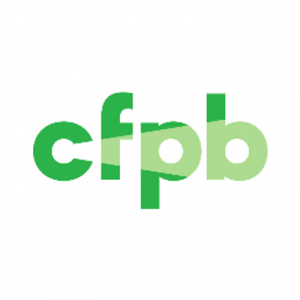Ruling in law firm's case, 9th Circuit upholds structure of US consumer agency

Another federal appeals court has upheld the constitutionality of the structure of the U.S. Consumer Financial Protection Bureau—this time in an appeal by a law firm challenging a civil investigative demand by the agency.
The 9th U.S. Circuit Court of Appeals at San Francisco ruled Monday in an appeal by a Kansas-based debt-relief firm, Seila Law, report Courthouse News Service and the Recorder. How Appealing links to the opinion, filed Monday.
The CFPB was investigating Seila Law for alleged violations of federal consumer telemarketing laws in marketing its debt-relief services.
The U.S. Court of Appeals for the District of Columbia Circuit had upheld the CFPB structure in an en banc opinion in January 2018. One of three dissenters in that case was Brett M. Kavanaugh, who was not yet a justice on the U.S. Supreme Court.
At issue in the cases is whether the CFPB’s independence violates the separation of powers. The agency is headed by a single director who exercises considerable executive power but can be removed by the president only for cause.
The 9th Circuit opinion by Circuit Judge Paul Watford, an appointee of President Barack Obama, agreed with the reasoning of the D.C. Circuit. Watford said the consumer agency’s structure is constitutional under Supreme Court precedent that upheld the structure of the Federal Trade Commission. The FTC’s commissioners also are removable only for cause.
Watford also said the CFPB had statutory authority to issue the demand for documents and interrogatories. Watford said the law firm’s telemarketing practices were not covered by an exemption that prevents the CFPB from overseeing lawyer activities in connection with law practice.
The case is Consumer Financial Protection Bureau v. Seila Law.
The current director of the CFPB is Kathy Kraninger, who replaced Mick Mulvaney after he left to become the acting White House chief of staff, according to NPR and Politico.
See also:
ABAJournal.com: “Judge rules Consumer Financial Protection Bureau is unconstitutionally structured and can’t sue”
Write a letter to the editor, share a story tip or update, or report an error.


